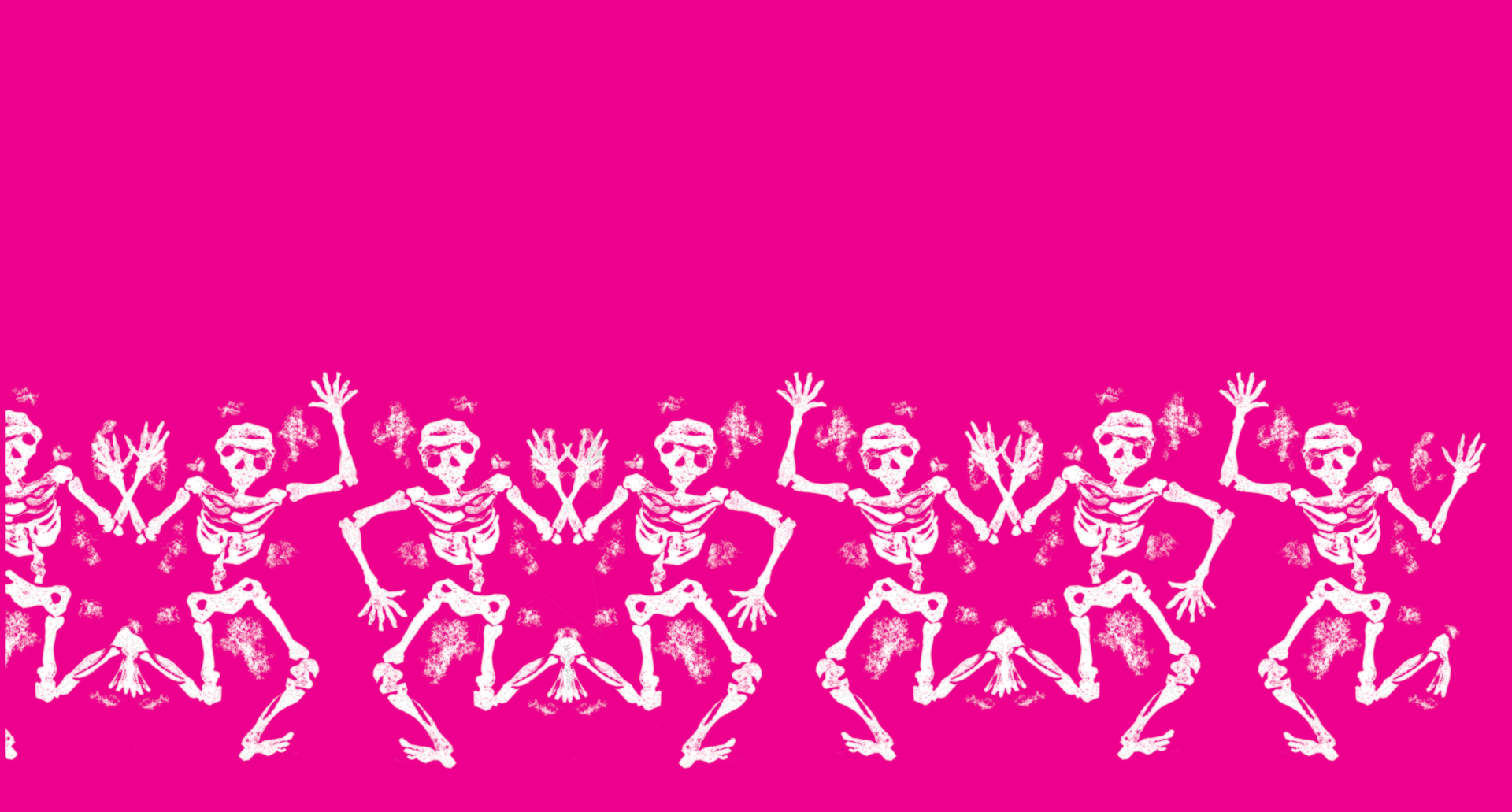As the Editorial Board, we hereby announce that the CFPs for the forthcoming issues of our journal have been published, and we are looking forward to receiving your submissions. We are accepting articles in Polish, Italian, and English. We kindly invite you to join our project and contribute to the issues listed below.
„…in pieces”
“Fabrica Litterarum Polono-Italica" 2026, no 1/2 (11/12)
Contemporary reflection on stories and storytelling largely relies on an episodic formula. Developing electronic media, expanding streaming services, and growing lifelog industries in social media have been reshaping means of our expression for nearly a decade; now, our perception is dominated with fragments, episodes, pieces, parts, trailers, teasers, sneak-peaks…
This CFP does not aim at multiplying already dispersed entities, nevertheless; its purpose is to suggest that a tendency of building grand narratives and using totalising qualities not only is hardly in fashion, but also – if not more importantly – is barely operable as a description of our everyday reality. It is the culture of fragments and the epoch of episodes that articulate new intellectual challenges.
In the third decade of the 21st century, we would like to invite contributions that not only comment on the allure of episodes in their various forms or “seasons,” but also help us notice whether fan-oriented initiatives have developed innovative refreshing interpretative models, reading strategies, and academic intuitions that might lay a foundation for research focused on canon-making and anthologising processes. We are especially interested in contributions tackling fragments and fragmentariness (if this phenomenon can be reduced to a wholistic set of qualities) in cultural, communicative, and creative practices.
Below we discuss but two areas – two episodes if we may – that the contributors might follow, which by no means limit the thematic scope of the discussion we propose:
Serialove
– poetics and pragmatics of a series (episode, prequel, sequel, requel, midquel, sidequel, blooper, spin-off, trailer etc.);
– “heroes in pieces” (nonlinear, achronological stories in superhero cinema);
– cultural practices of shuffling and mixing ready-made elements – towards “new fidelities” (crossover, mash-up, sampling, remix, etc.);
– after credit as an autonomous story, often more important than its source;
– a fragment as a construct of production – for instance, The Conjuring Universe as a franchise based on a series of horrors joined by various characters, artefacts, scenes, overlapping plots.
Meta/verses
– writer vis-à-vis marketing industry and its demand (strategies of presentation and segmentation of a literary work: “episodic novel,” “novel in episodes,” “novel-episode”);
– “aesthetics of a fragment” (from romantic “opening of a literary work,” through “form in movement,” to “phenomenology of fragmentarisation”);
– arrangements of literary output (cycle, sequence, anthology, series, saga, trilogy, tetralogy, etc.);
– “contents of a trash bin” (drafts, clips, outtakes; censored, rejected, abandoned projects; archives, deposits, private collections; cultural recycling and upcycling);
– “the remnants of rhetoric” (a fragment as a means of control over language, image, truth, or argumentation);
– DLC as a peculiar form of a fragment;
– history… in pieces. Braudel’s longue durée dismantled into short periods, childhood stories, micro-histories of reason, elderly age, sickness, death, joy, etc. Historical/histopathological fragments of our times analysed in nonconventional ways so that the flat matrix of historical fact is replaced with a hologram model of a “short episode” of historic continuum. This method, proposed by the Annales school, might be also called “micrological histography.” Not to mention local, peripheral, or alternative histories, or apocrypha: after all, diachronic thinking is rooted in the philosophy of “segmenting time” into moment, periods, epochs, eras, or phases;
– hermeneutic “tropes” of the whole and the part (pars pro toto, synecdoche, ellipsis, etc.);
– fragmentary genres (glossa, commentary, appendix, premise, etc.);
– private anthologies as illusions of a whole reflected in fragments;
– partitions of politics – politics of partitions (politics as a fragment, “episodic politics” after 1989 in Poland); Third Polish Republic as an “episodic project” (“action” in-between elections) and Fourth Polish Republic as a “continuous, wholistic project” (cf. historic, cultural, national, local politics; politics of dignity, etc.).
Articles, including all required metadata, should be submitted through the OJS system by 15 September 2025. Should you have any questions regarding submission, please do not hesitate to reach us at: fabricalitterarum[at]gmail.com

